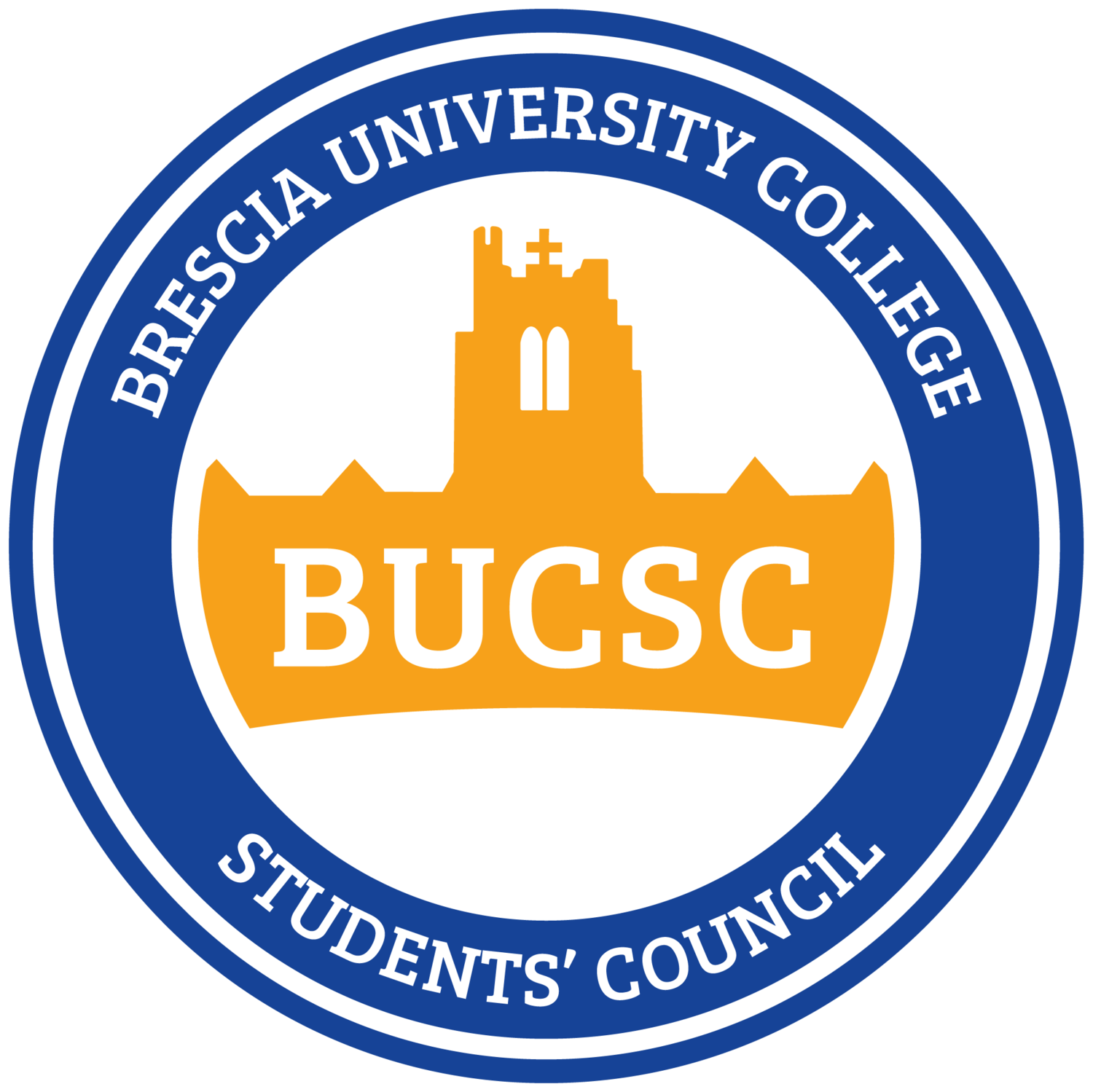Voting as an Act of Honouring Autonomy and Personhood
If you know me, you know this: if there’s one thing I get loud about, it’s voting.
Whether it be working in the Ontario Elections, hopping on student government campaign teams, biding my name to a ballot, flooding my Instagram stories with info about where/when/how to vote, or making a Tumblr page for Canadian politics at the age of 12 (mainly featuring Trudeau’s socks but eh, we won’t talk about that), voting is really important to me, and it should be to you too.
As an all-women’s university (the only one in Canada, to be exact), Brescia is positioned at a unique angle when reflecting on the history of female-identifying roles in democracy and encouraging voter participation. Considering Indigenous women didn’t win voting rights until 1999, all female-identifying citizens have only been allowed to vote for a short 24 years; we must recognize our position in Canada’s political climate. Intersectional voting rights activists and tireless suffragist movements did not go this hard for us not to check our Xs and submit our votes.
Inaccessibility to transparent information about political structures often prevents folks from feeling empowered in their vote. Even if these structures are still a bit blurry, YOUR VOTE STILL MATTERS. You do not need to become a political scientist to be an active participant in electing your representatives. Educating yourself to the best of your ability is your only responsibility (aside from voting).
Another common barrier for folks is the misunderstanding that any elections aside from the federal and provincial elections are not worth casting a vote in. This misconception is simply not true. Your vote matters, no matter how small the election is. Voting allows us to represent our autonomy as educated, intentional, informed members of a democratic society, and it honours our right to increase representation for the things we believe in.
At Brescia, whether it be the Brescia University College Student’s Council (BUCSC), Brescia’s Council, or other political actions on campus, female-identifying voices are stepping up to represent you. With your vote, that representation can exist in a way that enriches student life and gives your voice a seat at the table.
Last week, the BUCSC hosted their annual presidential election. The two candidates were Maathangi Rudranantha and Mary Sommerville, who stepped up with advocacy platforms to cast their presidential bids. Maathangi, whose platform focused on advocacy for women’s health services on campus, food waste reduction, food insecurity awareness, and increasing accessibility of research and relevant extracurricular opportunities, has been announced as the incoming BUCSC President after her win with 78.5% of votes.
We would like to congratulate Maathangi on her win, and we look forward to seeing what she accomplishes throughout her term!
For the sake of healthy election practices, voter turnout is always so key. Voter turnout in the BUCSC elections has consistently been low. Last year’s voter turnout for the BUCSC presidential election was only 7.8%, meaning approximately 92.9% of students didn’t engage with their voting rights. This year, however, we’ve seen an increase of 123.07%, landing us at our newest voter turnout of 17.4%. Although this progress is exciting and deserves recognition, we would like to recognize that about 82.6% of Brescia students still aren’t casting in their (virtual) ballots. Y’all!! What’s a gal gotta do to get you to vote?!
A process that takes between 2 minutes and a small portion of your day (for in-person elections) is small compared to how profoundly our government structures impact our everyday lives. I hope that whatever elections you find yourself eligible to participate in, you do. I hope you approach voting as an act of self-care and love toward the things you care big for.
Your fav loud voter,
J.
